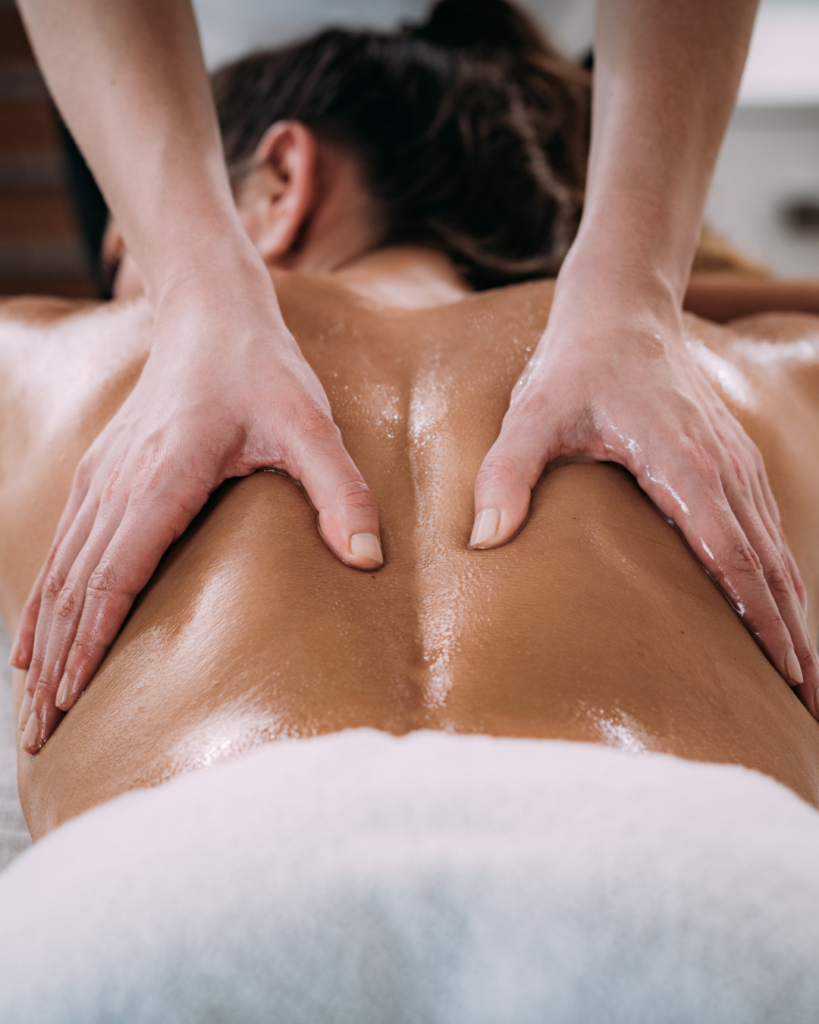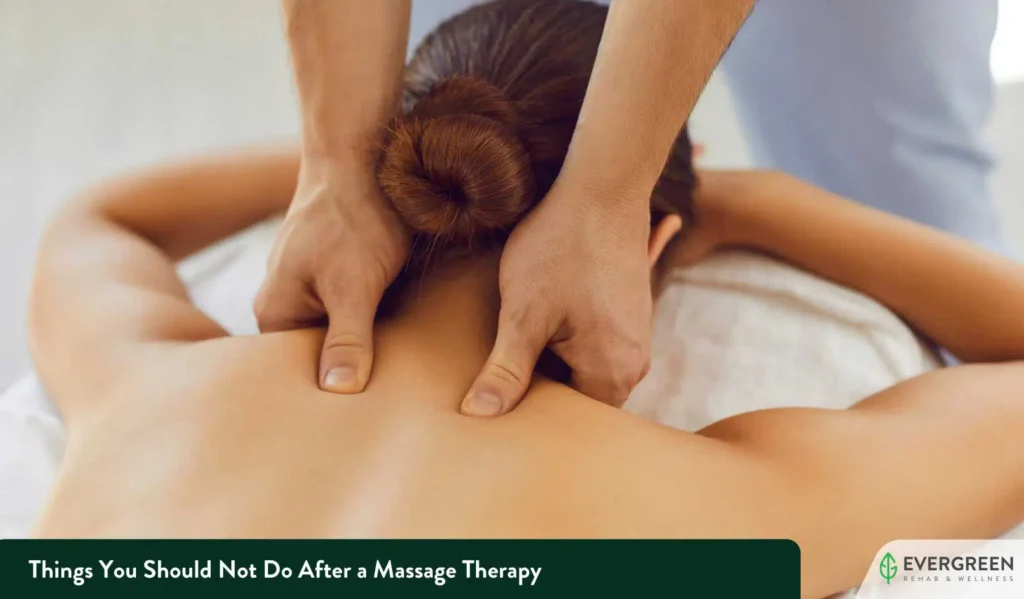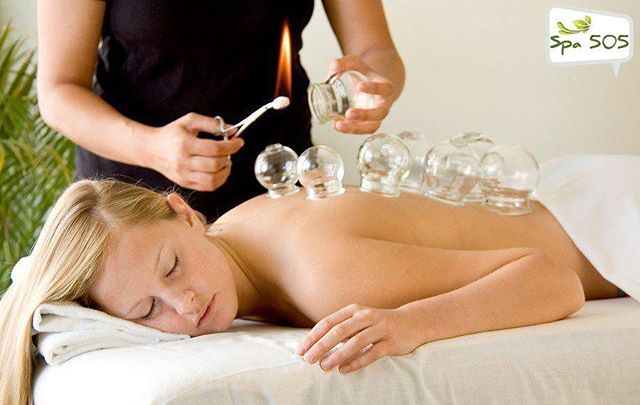In this article, we will discuss whether it is common to shower after a full body massage. We’ll explore different perspectives and considerations that can help you decide what’s best for you. Whether you’re a massage enthusiast or curious about the post-massage routine, you’ll learn about the benefits and potential reasons for showering after a massage. So, let’s dive into this topic together and discover what works for you!
Do You Shower After A Full Body Massage?
As a blog run by massage therapists and massage enthusiasts, we believe in sharing insights and helping others who are also fans of giving and receiving massages. One question that often comes up is whether or not you should shower after a full body massage. In this article, we will explore the benefits of showering after a massage, why some people choose not to shower, considerations for showering, proper etiquette and hygiene, alternatives to showering, and post-massage self-care practices.
Benefits of Showering After a Full Body Massage
Promotes relaxation and stress relief
Showering after a full body massage can further enhance the relaxation and stress-relieving effects of the massage itself. The warm water can help soothe tired muscles, relieve tension, and increase circulation throughout the body. It provides an opportunity to fully unwind and let go of any remaining stress or worries from the day.
Cleanses the skin and removes massage oils
One of the main reasons people choose to shower after a massage is to cleanse the skin and remove any residual massage oils or lotions. While these oils and lotions are beneficial during the massage as they help reduce friction and allow the therapist’s hands to glide smoothly over the body, some individuals prefer not to have them on their skin for an extended period of time.
Showering after a massage allows you to wash away the oils and lotions, leaving your skin feeling clean and refreshed. This can be especially beneficial for individuals with oily or acne-prone skin, as it helps prevent pore-clogging and breakouts.
Enhances the benefits of the massage
Showering after a massage can also enhance the benefits you receive from the massage itself. The combination of the massage and the warm water can help relax the muscles even further, increase blood flow, and reduce any inflammation or swelling that may have occurred during the massage. It may also help to prolong the feelings of relaxation and well-being that you experience after the massage.
Helps to reset and reenergize the body
Taking a shower after a full body massage can help reset and reenergize the body. It can wash away any residual tiredness or drowsiness that you may feel immediately after the massage, allowing you to feel more alert and refreshed. It provides a transition from the relaxation of the massage to the activities of your daily routine, leaving you ready to take on the rest of your day or night.

This image is property of cdn.shopify.com.
Why Some People Choose Not to Shower
While many individuals prefer to shower after a full body massage, some people choose not to for various reasons. Here are a few common reasons why individuals may opt not to shower after their massage:
Preference for the residual oils
Some individuals enjoy the feeling and scent of the residual massage oils on their skin. These oils can have moisturizing and nourishing properties, leaving the skin feeling soft and supple. Choosing not to shower after a massage allows individuals to reap the full benefits of the oils, including enhanced hydration and improved skin texture.
Retaining the moisturizing effects
Massage oils and lotions often contain ingredients that provide moisturizing benefits to the skin. By not showering after a massage, individuals can retain the moisturizing effects for a longer period of time. This can be especially beneficial for individuals with dry or sensitive skin, as the oils can help alleviate dryness and promote a healthy skin barrier.
Not wanting to wash away the scent
Massage oils often come with pleasant scents that can uplift the senses and enhance the overall massage experience. Some people may choose not to shower after a massage in order to fully enjoy and prolong the aroma of the oils. This allows for a longer-lasting sensory experience and can contribute to a more relaxing and enjoyable post-massage period.
Avoiding water contact due to allergies or sensitivities
In some cases, individuals may have allergies or sensitivities to water. This could be due to skin conditions such as eczema or dermatitis, or sensitivities to certain chemicals present in tap water. Opting not to shower after a massage can help avoid triggering any allergic reactions or exacerbating existing skin conditions. However, it’s important to consult with a healthcare professional or dermatologist if you have concerns about water contact and its impact on your skin.
Considerations for Showering After a Full Body Massage
If you are considering showering after a full body massage, there are a few important considerations to keep in mind:
Consult with your massage therapist
Before your massage, it’s a good idea to consult with your massage therapist about your post-massage routine, including whether or not to shower. They can provide personalized advice based on your specific needs and preferences. Additionally, they may be able to recommend specific products or techniques to use during or after the shower to enhance the benefits of the massage.
Temperature and length of shower
When showering after a massage, it’s important to consider the temperature and length of your shower. Avoid using water that is too hot, as it can be drying to the skin and may cause discomfort, especially if you have just received a deep tissue or intense massage. Opt for warm water instead, and limit your shower time to avoid overexposure to water.
Using gentle and non-irritating products
Choose gentle and non-irritating products for your post-massage shower. Look for cleansers and body washes that are free from harsh chemicals, fragrances, and sulfates. These can strip the skin of its natural oils and potentially cause irritation, especially after a massage where the skin may be more sensitive. Additionally, consider using a mild exfoliant to further remove any residual oils or lotions while being mindful of avoiding excessive scrubbing.
Drying off properly afterward
After your shower, make sure to dry off properly using a clean towel. Pat your skin gently instead of rubbing vigorously to avoid unnecessary friction. Leaving the skin slightly damp can also help seal in moisture and enhance the overall hydration of the skin.

This image is property of images.squarespace-cdn.com.
Proper Etiquette and Hygiene
When it comes to getting a full body massage and showering afterward, proper etiquette and hygiene are essential. Here are some guidelines to follow:
Communicate with your massage therapist
Open and clear communication with your massage therapist is key. If you have any preferences or concerns regarding showering after the massage, be sure to discuss them before the session begins. Your therapist will be understanding and will work with you to create a comfortable and enjoyable experience.
Maintaining cleanliness and hygiene
It’s important to be clean and hygienic before and after a massage. Showering before your massage session ensures that your body is clean and free from any dirt or sweat. Afterward, showering can help remove any residual oils or lotions, ensuring that you feel fresh and comfortable.
Properly disrobing and using towels
During the massage, your therapist will provide you with a towel or draping to ensure your privacy and comfort. It’s important to follow their instructions on disrobing and using the towels appropriately. Proper draping and towel use not only protect your modesty but also allow the therapist to access different areas of your body effectively.
Respecting the therapist’s boundaries
While it is crucial to communicate your preferences and concerns, it is equally important to respect the boundaries and professionalism of your massage therapist. Remember that they are trained professionals who are there to provide a therapeutic massage. Avoid making inappropriate requests or behaving in a manner that may compromise their comfort or professionalism.
Alternatives to Showering
If you choose not to shower after a full body massage, there are alternative options to consider:
Using cleansing wipes or towels
Cleansing wipes or towels are a convenient option for freshening up after a massage. They effectively remove dirt, sweat, and residual oils, leaving you feeling clean and refreshed. Look for wipes or towels that are gentle and non-irritating to the skin.
Applying dry shampoo or body powder
If your main concern is greasy or oily hair, applying dry shampoo can be an effective solution. Dry shampoo absorbs excess oil and adds volume to the hair, making it look and feel cleaner. Similarly, body powder can be used to absorb excess oil and sweat on the skin, providing a refreshed feeling.
Changing into clean clothes
Simply changing into clean clothes can help you feel refreshed and comfortable after a massage. Opt for loose-fitting and breathable clothing to allow your skin to breathe and recover. This can be especially beneficial if you are heading back to work or other activities immediately after your massage.
Refreshing with a face wash or wet wipes
If you prefer not to shower the entire body, you can focus on refreshing specific areas such as the face and underarms. Using a gentle face wash or wet wipes can help remove sweat and residue, leaving these areas feeling clean and rejuvenated.

This image is property of evergreenclinic.ca.
Post-Massage Self-Care Practices
Regardless of whether or not you choose to shower after a full body massage, there are several important post-massage self-care practices to consider:
Staying hydrated by drinking water
Massage therapy can increase circulation and release toxins from the body. To support this process, it’s important to stay hydrated by drinking water after your session. Water helps flush out toxins and keeps your body well-hydrated, optimizing the benefits of the massage.
Engaging in light stretching or exercise
After a massage, it can be beneficial to engage in light stretching or exercise. Gentle movements can help prolong the relaxation and flexibility gained during the massage. However, it’s important to listen to your body and avoid any strenuous activities or exercises that may strain the muscles that were worked on during the massage.
Resting and allowing the body to fully relax
Taking time to rest and relax after a massage allows your body to fully absorb the benefits of the session. Find a comfortable space and give yourself permission to unwind. This can help prolong the feelings of relaxation and well-being and contribute to a better overall massage experience.
Taking note of any discomfort or pain
While most massages are designed to be relaxing and therapeutic, it’s possible to experience some discomfort or soreness afterward, especially if it was a deep tissue or intense massage. Taking note of any discomfort or pain and addressing it promptly can help prevent further issues and ensure a positive and safe massage experience. If you have any concerns, reach out to your massage therapist for guidance and support.
Conclusion
The question of whether or not to shower after a full body massage ultimately depends on individual preferences and circumstances. Showering after a massage can promote relaxation, cleanse the skin, and enhance the benefits of the massage. However, some people may choose not to shower, preferring to retain the residual oils or moisturizing effects of the massage. It’s important to communicate with your massage therapist and consider proper etiquette and hygiene practices. Alternatives to showering include using cleansing wipes or towels, applying dry shampoo or body powder, changing into clean clothes, and refreshing specific areas with a face wash or wet wipes.
Regardless of whether you choose to shower or not, engaging in post-massage self-care practices such as staying hydrated, engaging in light stretching or exercise, resting, and noting any discomfort or pain is essential. By prioritizing self-care and taking care of your body after a massage, you can maximize the benefits of your massage and support your overall well-being.

This image is property of globalspaonline.com.
